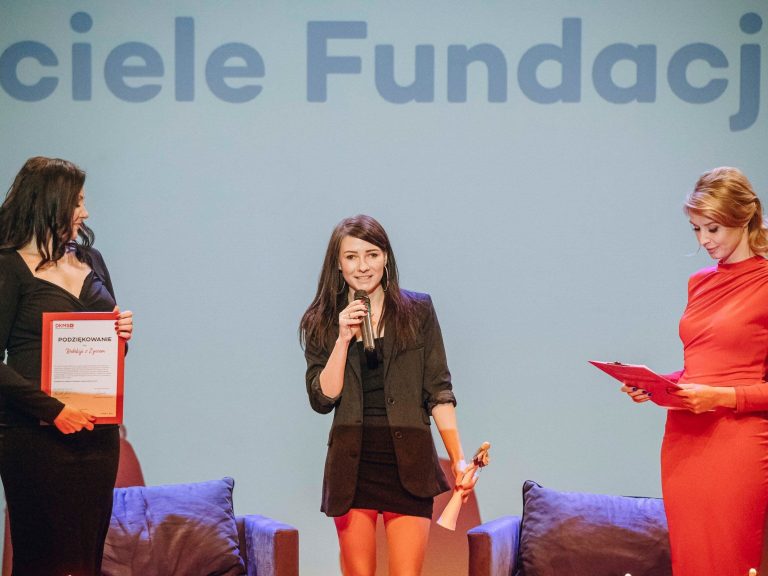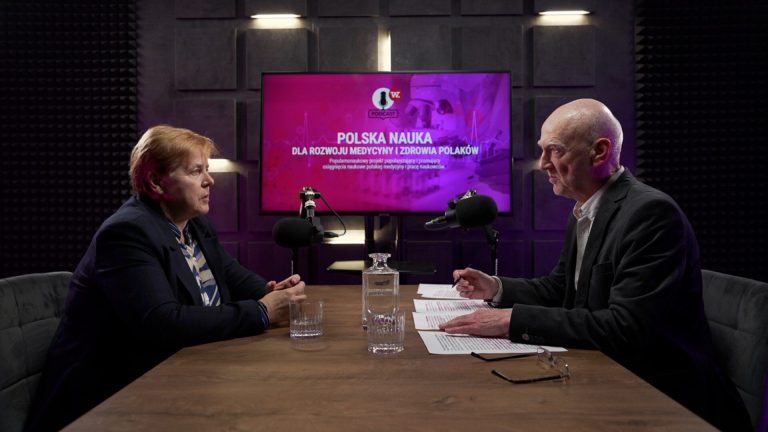National consultant in the field of hematology: We are waiting for these drugs

In recent years, many medicines have been made available to patients in Poland. However, hematology is a very dynamic field of medicine, with new therapies emerging. We are waiting for some of them. These therapies are compliant with the latest European registrations, says Prof. Ewa Lech-Marańda, national consultant in the field of hematology.
In recent years, there has been a huge breakthrough in treatment, and enormous progress has also been made in Poland; Patients in Poland have access to many modern medicines. However, medicine is constantly developing, what are the white spots and unmet needs when it comes to hematology?
Indeed, a huge breakthrough has been made in the treatment of patients with blood cancer and lymphatic system cancer; this breakthrough took place all over the world within a dozen or so years. A lot of drugs have been reimbursed for Polish patients over the last 5 years: 75 new molecular indications.
However, hematology is a dynamically developing field, so there will be a constant need for new reimbursements; however, these are rather supplements to the refunds we already have. Among the most urgent needs today, in my opinion, the first one is therapy for patients with acute lymphoblastic leukemia. Patients aged 26 and older with resistant and relapsed disease are waiting for reimbursement of CAR-T therapy. This therapy is reimbursed, but only for children and young adults up to 25 years of age. This is a “blank spot” that should be filled first.
In second place I would put bispecific antibodies in lymphomas – both in aggressive lymphomas and indolent lymphomas, especially in follicular lymphoma, as well as bispecific antibodies for patients with multiple myeloma. For these patients, it would be necessary to expand the current regimen with carfilzomib and dexamethasone with the possibility of adding monoclonal antibodies – daratumumab or isatuximab.
Another reimbursement need is CAR-T therapy for patients with aggressive lymphomas, including diffuse large B-cell lymphoma. It is currently reimbursed for patients after two previous lines of treatment. For about a year now, there has been European registration for the use of this therapy in the second line of treatment in patients who are resistant to the first line of treatment and in patients with a quick relapse after the first line of treatment, i.e. within 12 months.
What about non-oncological hematological diseases?
Hematology also deals with non-cancer diseases. Here, the most urgent reimbursement need is therapy for a rare disease, or rather an ultra-rare one, such as acquired (or immunological) thrombotic thrombocytopenic purpura. Patients are waiting for reimbursement of the monoclonal antibody caplacizumab.
What would this drug do to their treatment?
It would improve the possibility of achieving quick remission of the disease and the general condition of patients. This drug is used in conjunction with plasma exchange and immunosuppressive therapy. It would certainly improve the fate of the sick. It can be said that it is a life-saving drug.
Currently, patients can only have exchange plasma transfusions, which may not always be possible due to the frequent complications of this procedure.
Are these the most important needs of patients today?
Yes; the list looks long, but these are additions to the therapies we have; these are medicines that comply with the latest European registrations.






